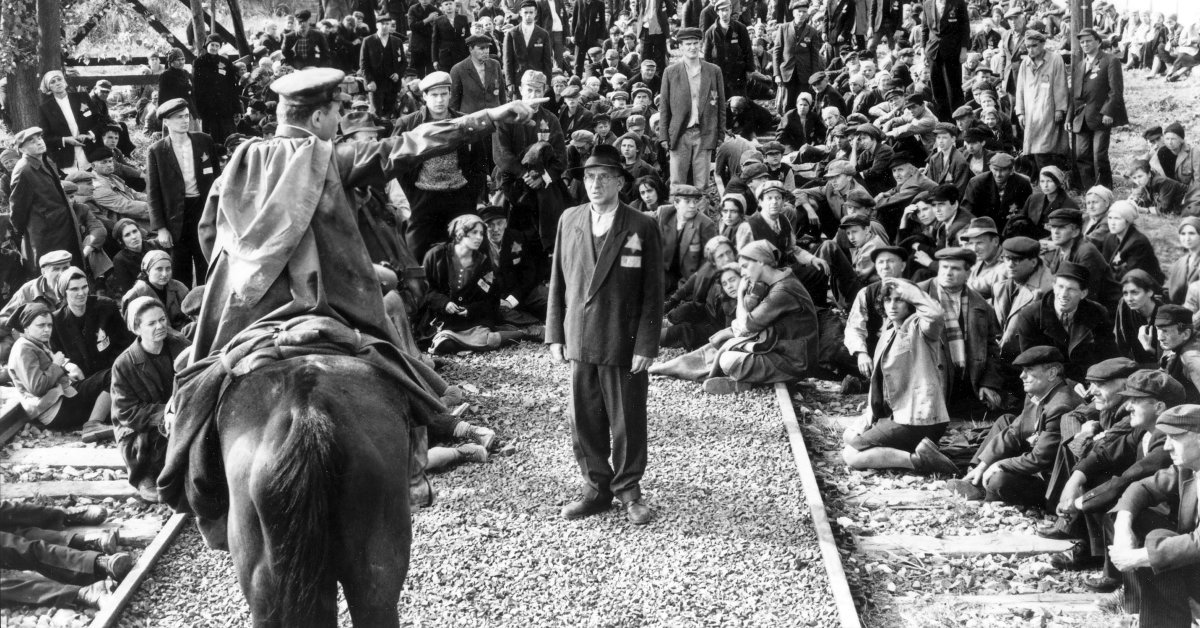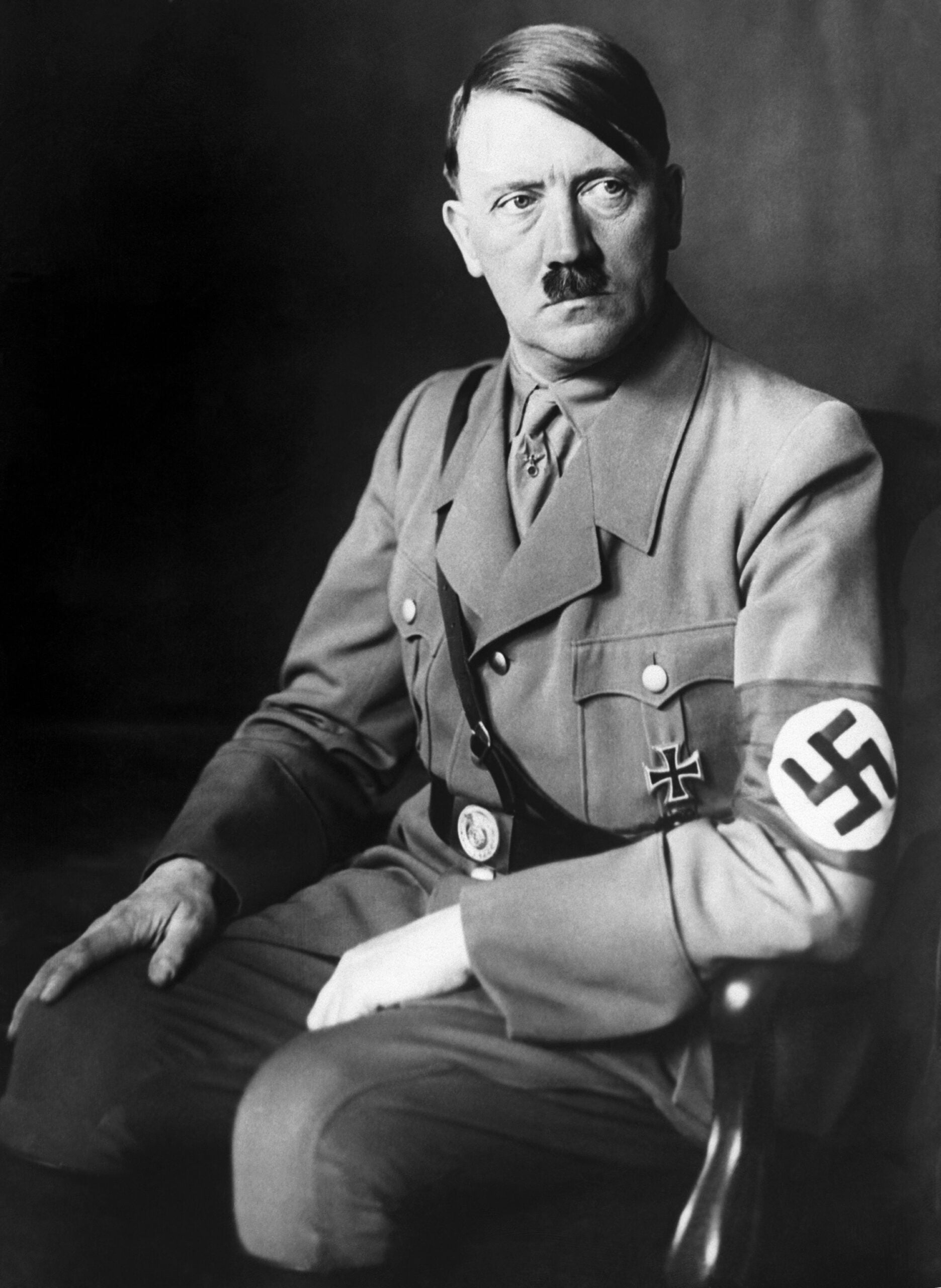“A small fact: You are going to die.... does this worry you?” Death
⛰ What It's About
Death narrates the story of a girl living in Nazi Germany: Liesel Meminger, a 9 year-old orphan who has never seen her father and is taken to her foster parents after her brother's death and her mother's endangerment. Her accordion-playing foster father, Hans, who is the best and kindest foster father ever according to my readings, quickly becomes close to her by teaching her how to read and write. Her foster mother, Rosa, has a big heart although she swears a lot, often calling everyone "Saukerl" or "Saumensch". We get to know how Liesel's life progresses as she makes new friends in the neighborhood such as Rudy, Jessie Owens' keenest fan, and how she jump-started her career in book thievery after her foster father taught her reading. The plot begins when Max Vandenberg, a Jew whose father saved Hans' life before, asks Hans a favor; he asks Hans to hide him from Nazis in his basement!
🧠 Thoughts
Persecution of Jews
What I especially liked about this book is highlighting the Nazi persecution of Jews. Certainly, history books contain facts about the persecution of Jews, but these are just pure facts, while fiction books make you live their misery, go through their sufferings and get emotionally influenced. This book made me live the life of Max Vandenberg, a German Jew who suffered from oppression under Hitler's rule in Nazi Germany. By oppression, I mean that the only way to live/ survive is to hide and stay away from the sight of Nazis. Jews hid in freezing-cold dark basements of non-Jewish humane people like Hans Hubermann.
‘Forget the cold and the loneliness. He was a Jew, and if there was one place he was destined to exist, it was a basement or any other such hidden venue of survival.’
‘It’s harder to find a Jew in the dark.’
Have you ever imagined living in a dark basement in freezing cold Germany for a couple of years without getting out? Well, this book will show you how Max's only connection to the outer world is through Liesel's description of the day's weather to him.
“Could you go up and tell me how the weather looks?” Naturally, Liesel hurried up the stairs. She stood a few feet from the spit-stained door and turned on the spot, observing the sky. When she returned to the basement, she told him. “The sky is blue today, Max, and there is a big long cloud, and it’s stretched out, like a rope. At the end of it, the sun is like a yellow hole. . . .” Max, at that moment, knew that only a child could have given him a weather report like that.
Some Jews were able to survive by hiding in basements where they suffered from extremely freezing weather, tiny amounts of food and no exposure to the outer world. You think this is unbearable, right? Wait till I tell you about the lives of Jews who couldn't get a hiding place. According to Nazi propaganda, Jews were demons and unworthy of life. That's why Jews who weren't arrested or murdered, after having their homes, businesses and synagogues destroyed, were deported to concentration camps to starve to death in freezing temperature there after doing hard forced labor.
Racism Isn’t Innate
One particularly important lesson from this book is that no one is "naturally" racist, but racism is taught and not all people accept to learn it. Although children were taught to hail Hitler and hate specific minorities like Jews and people of color, they couldn't help but feel that this was against human nature. For instance, we can see Rudy's fury when Hitler refuses to shake the American athlete Jesse Owens' hands during the Olympics because he is black. Since Jesse Owens is Rudy's role model, Rudy is so emotionally affected that he covers himself with charcoal till he becomes all black and goes out in public to show the world that he supports Jesse Owens regardless of the Nazi ideology. Notice how his father deals with him when he knows what he did.
“Son, you can’t go around painting yourself black, you hear?” Rudy was interested, and confused. “Why not, Papa?” “Because they’ll take you away.” “Why?” “Because you shouldn’t want to be like black people or Jewish people or anyone who is . . . not us.”
“You’ve got beautiful blond hair and big, safe blue eyes. You should be happy with that; is that
clear?”
Another occasion which shows that kindness is inborn while racism is not is when Hans Huberman, Liesel's foster father, gives a piece of bread to a Jew among a parade of Jews that is marching towards a concentration camp with Nazi soldiers everywhere. When you see a group of starving human beings marching for long distances towards a DEATH camp, then you involuntarily feel the impulse to help them. That's what made Hans Huberman give some bread to that Jew, even though he knew quiet well that this action would cause the Gestapo (Nazi Germany's secret police) to come to his door and investigate with him which might put him in a lot of trouble. He wasn't thinking about all of that when he offered help; he was only thinking about helping another human being.
Nazi Propaganda
There was once a strange, small man. He decided three important details about his life: 1. He would part his hair from the opposite side to everyone else. 2. He would make himself a small, strange mustache. 3. He would one day rule the world. ...Yes, the Fuhrer decided that he would rule the world with words.
One of the most important aspects of this book is words and how Hitler decided to rule the world with words or in other words: propaganda. For Liesel, books are important representations of the knowledge contained within them. Liesel is breaking the law by stealing books, which is a form of resistance to the Nazi regime that discourages and outlaws numerous writings while praising Hitler's Mein Kampf. Liesel's act of resistance is clear when she steals a book from a Nazi book-burning because by grabbing a book from the flames, Liesel is able to defeat Hitler indirectly. Book burnings were common at that time due to the restriction of free speech which shows the power of books that Hitler feared because they contradicted his propaganda. The book significantly focuses on the aspect of propaganda and how Hitler completely depended on it to brainwash Germans; however, I disagree with the weight that propaganda is given in that book. Definitely, propaganda was an important theme of the Nazi regime, but what about terror and intimidation (use of SS and Gestapo)? What about the Hitler Youth movement that turned innocent kids into wicked Nazis? What about control of the legal system? In my opinion, the book went too far claiming that "Hitler would be nothing without words and propaganda".
Clichéd Ending?
Although the book has a heart-breaking sentimental ending, it's a cliché that you'd witness in any cheap novel. I just can't say it's a bad one because it really touched me, but I keep my opinion that the writer could've thought of a better out-of-the-box ending.
Conclusion
“They were French, they were Jews, and they were you.”
This book is an excellent read if you are interested to know how Jews suffered under the rule of Hitler; it'll make you live the heart-rending life of a German Jew and feel his sufferings. It'll also teach you the power of words and how words can be used for both damnation and salvation. I want to go a bit out of context from here: while it's true that Jews have endured much suffering and oppression throughout history, it gives them no right to occupy the land of Palestine. What is happening now in Palestine is not a conflict; it is settler colonization, military occupation, land theft, and ethnic cleansing. And just as a reminder:
“They ARE Palestinians, they ARE Muslims, Christians and Jews, and they ARE you.”




